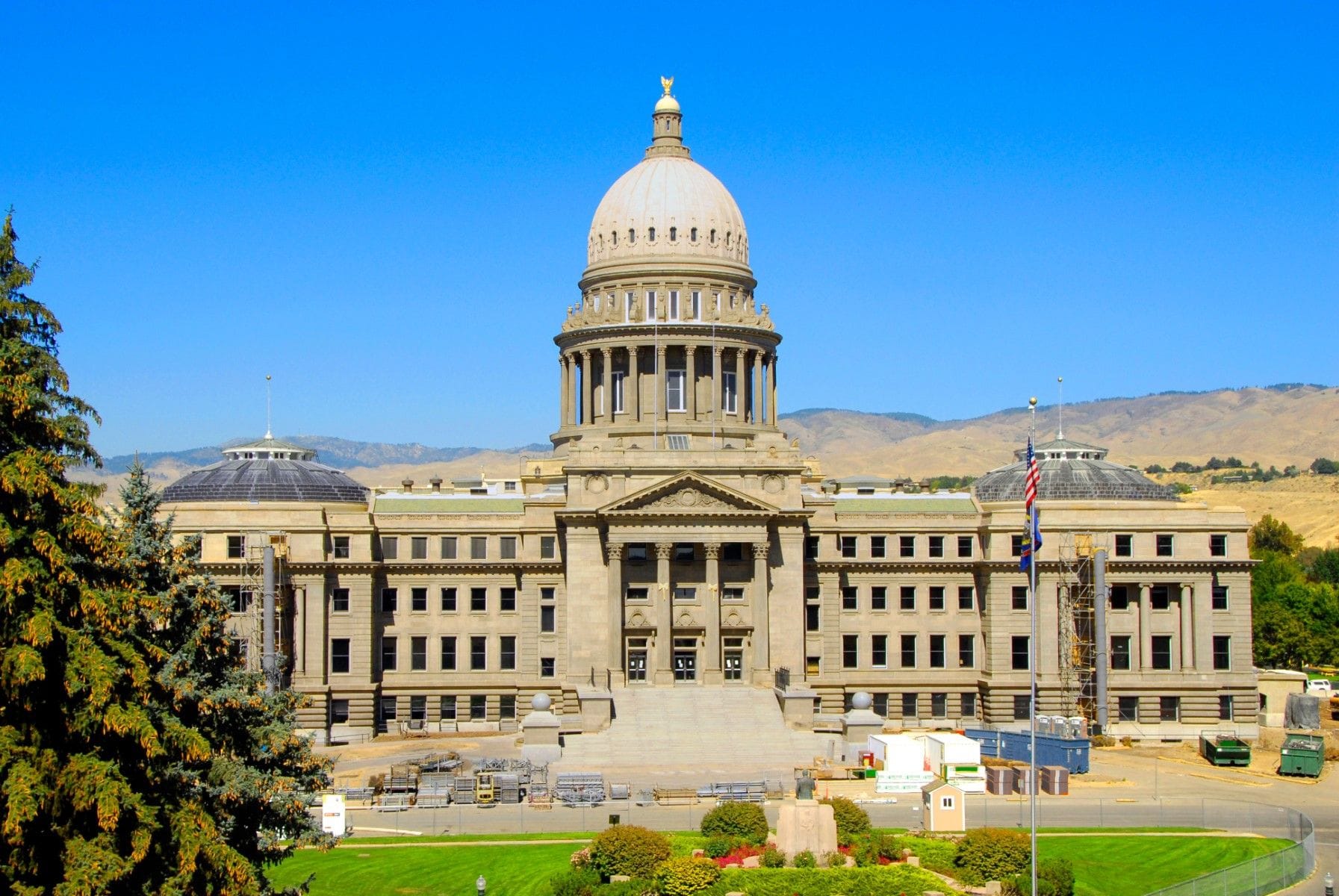Idaho Expert Witness Rules: What Litigators Need to Know
Idaho's expert witness rules mirror federal standards, emphasizing early disclosure, methodological rigor, and strict admissibility requirements under Daubert.
Updated on
In this article
Expert testimony in Idaho plays a decisive role in complex litigation, particularly in cases involving medical malpractice, engineering claims, product liability, and economic damages. Idaho follows a structured framework for expert disclosure and admissibility, largely modeled after the Federal Rules of Civil Procedure and Evidence. Counsel must comply with discovery and evidentiary requirements under Idaho Rules of Civil Procedure (I.R.C.P.) and Idaho Rules of Evidence (I.R.E.), while also preparing for Daubert-style challenges to expert qualifications and methodologies.
Designation Requirements
Idaho does not require expert witnesses to be formally designated by motion. Instead, expert disclosure is controlled by I.R.C.P. 26(b)(4), which governs the identification and scope of expert discovery.
A party that intends to call an expert witness at trial must disclose:
- The name and contact information of the expert
- The subject matter of the testimony
- A summary of facts and opinions
- The basis for each opinion
Disclosure is typically made in response to interrogatories or pursuant to a case scheduling order. Failure to disclose in a timely and complete manner may lead to exclusion under I.R.C.P. 37(c), particularly if the nondisclosure is found to be unjustified or harmful to the opposing party.
Expert Disclosure Process
Expert disclosures in Idaho occur in phases defined by case management deadlines. Under I.R.C.P. 26(b)(4)(A), parties must disclose:
- The substance of expected expert testimony
- A summary of the grounds for each opinion
- Supporting documentation, such as data, reports, or articles
- The expert’s qualifications, including past testimony and publications
- Compensation terms for study and testimony
Idaho does not require full expert reports in every case unless ordered by the court. However, in medical malpractice, toxic tort, or other technical matters, detailed disclosures are typically necessary to meet the expert's burden and to withstand potential Daubert challenges.
Required Declarations
Expert declarations are not automatically required in Idaho but become essential in motion practice, especially for summary judgment under I.R.C.P. 56(c). Affidavits or declarations submitted in support of or in opposition to summary judgment must:
- Be based on personal knowledge
- Set forth admissible facts
- Demonstrate that the expert is qualified to testify on the matter
In professional negligence or malpractice cases, plaintiffs must present expert declarations to establish a breach of the standard of care and proximate causation, or risk dismissal. Courts strictly enforce the requirement that opinions must be stated with specificity and supported by reliable methods.
Fees and Compensation
Expert fees in Idaho are not capped by statute and are usually set by agreement between the expert and the retaining counsel. However, if one party seeks to depose an opposing expert, I.R.C.P. 26(b)(4)(C) requires that the deposing party pay a reasonable fee for the expert’s time spent in deposition.
If there is a dispute over the fee, the court may intervene to assess reasonableness based on factors like:
- The expert’s credentials and experience
- The prevailing market rate in the field
- The scope and complexity of the testimony
Discovery Scope and Limitations
Under I.R.C.P. 26(b)(4), Idaho permits broad expert discovery while still protecting sensitive attorney-expert communications. Parties may obtain:
- The identity and qualifications of the expert
- A detailed summary of opinions and supporting materials
- Data, literature, and methodologies relied upon
- Prior deposition or trial testimony
- Compensation information
However, consulting experts—those retained in anticipation of litigation but not intended to testify—are protected from discovery unless the opposing party can demonstrate exceptional circumstances. Courts are also likely to protect drafts and communications with counsel, unless they contain factual data the expert considered in forming their opinions.
Admissibility Standards
Idaho follows the Daubert standard, codified in I.R.E. 702, and confirmed by the Idaho Supreme Court in Weeks v. Eastern Idaho Health Services, Inc., 153 Idaho 56 (2012). Under Daubert, trial courts serve as gatekeepers tasked with ensuring that expert testimony is both reliable and relevant.
To be admissible under I.R.E. 702, expert testimony must:
- Be offered by a qualified expert
- Be based on sufficient facts or data
- Be the product of reliable principles and methods
- Reflect a reliable application of those methods to the case facts
Judges may hold Daubert hearings to evaluate an expert’s methodology. Mere qualifications or experience are not enough—experts must be able to explain and defend the scientific or technical basis for their conclusions.
Key Deadlines & Strategy Notes
Expert disclosure deadlines in Idaho are generally determined by the case scheduling order, and failure to meet these deadlines may result in preclusion of the expert’s testimony. While deadlines vary by judge and district, a typical timeline includes:
- Plaintiff’s expert disclosures: 90–120 days before trial
- Defense expert disclosures: 30–60 days after plaintiff’s
- Rebuttal disclosures: 30 days before discovery closes
- Daubert motions: Due before the final pretrial conference
Because Idaho courts apply a rigorous Daubert analysis, early retention and preparation of experts is critical. Attorneys should ensure that all opinions are well-grounded, supported by peer-reviewed literature or reliable methods, and clearly explained in disclosure documents or deposition testimony.
State-Specific Statutes & Local Rules
- I.R.C.P. 26(b)(4): Controls expert discovery and deposition process
- I.R.C.P. 37(c): Provides for sanctions for failure to disclose experts properly
- I.R.C.P. 56(c): Summary judgment affidavit standards
- I.R.E. 702: Admissibility of expert witness testimony
- Weeks v. Eastern Idaho Health Services, Inc., 153 Idaho 56 (2012): Idaho’s leading Daubert authority
Judges in districts such as Ada County (Fourth Judicial District) and Bonneville County (Seventh Judicial District) may have local case management practices or standing orders that impose more detailed expert disclosure timelines or formats.


